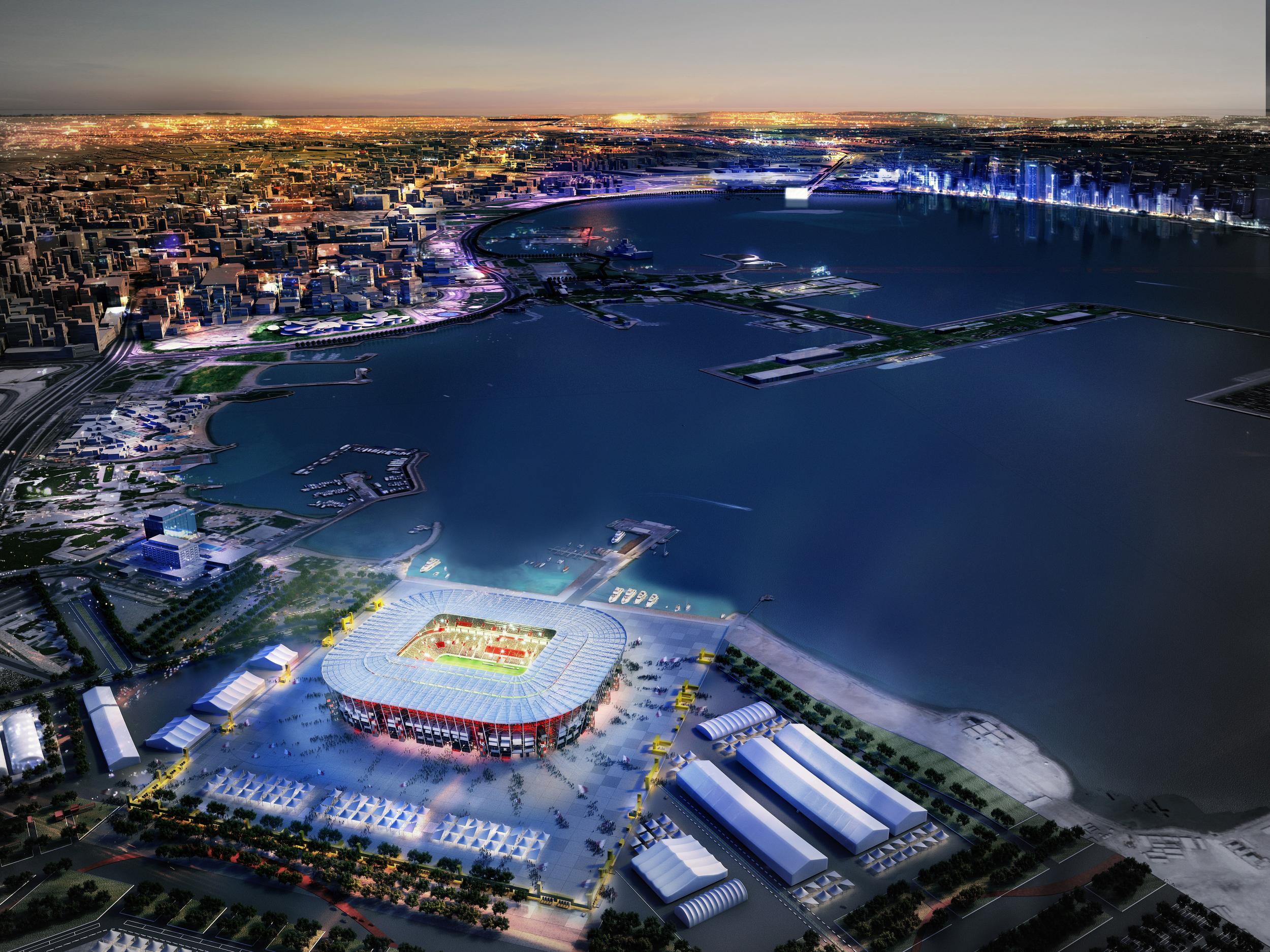
This week in four years’ time will have such a distinctly odd feel that, right now, it’s a little hard to envisage. The first ever December World Cup final will be on our screens, and for the first time in history the biggest football match in the world will be played out in a giant neon bowl in the Middle East. It will be unique and historic, and although only time will tell its true legacy, there is every chance it will be infamous too. The 2022 World Cup has already become perhaps the most controversial sports mega-event since the 1936 Berlin Olympics in Nazi Germany. Ever since Qatar – a tiny gulf state with limited sporting infrastructure – beat England, the United States of America, Australia, Spain-Portugal, Netherlands-Belgium, South Korea and Japan to the right to host the tournament, the country has been hit by a deluge of negative press. It began with allegations that Qatar bribed Fifa officials for votes after suspicious payments worth millions of dollars were uncovered, and accusations of running a black-ops campaign to smear rival bids. There were also deep concerns about a World Cup host with strict laws forbidding homosexuality, and the state’s efforts to…